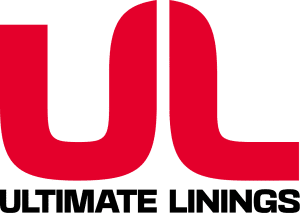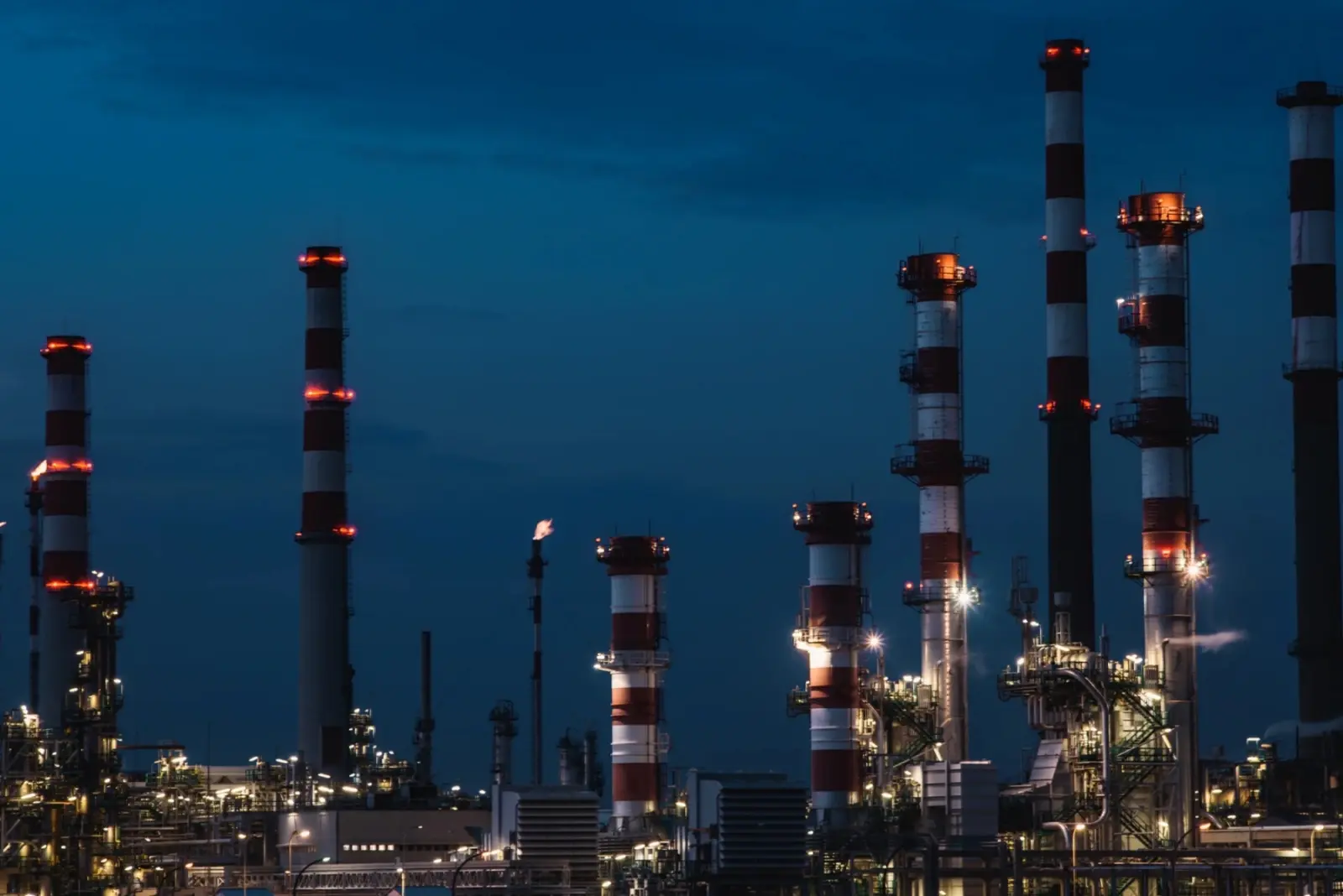Whether you are driving a trailer down the highway and need to depend on it to safely carry heavy equipment or you are operating a large warehouse and want to ensure your flooring is in quality condition for safety reasons, one thing is for sure — you want to prevent corrosion at all costs. Corrosion can occur to a variety of materials and for numerous reasons. The bottom line, though, is that it leaves behind a weakened and potentially unsafe material. From corroding floors, which increase tripping hazards, to corroding ladder rungs, which pose their own level of danger, when corrosion takes place, it requires immediate attention.
Ideally, rather than fighting corrosion after it has occurred, it is wise to have a plan in place that prevents the corrosion in the first place. By adding a protective coating to materials that are suspect to corrosion, you can save yourself a major headache down the road. Taking this preventative action allows for your business to continue operating smoothly with fewer costs in maintenance and repairs.
If you are interested in investing in a polyurea coating, we invite you to reach out to our team at IXS Coatings at any point. We will be happy to discuss with you the variety of coating options we have, as well as how they can be utilized in your particular industry. Read on to learn more about the dangers of corrosion and how our uniquely designed coatings prevent this from taking place.
Understanding The Basics pf Corrosion
According to NACE International, The Worldwide Corrosion Authority, corrosion can be defined in the simplest way as a naturally occurring phenomenon that leads to “the deterioration of a material (usually a metal) that results from a chemical or electrochemical reaction with its environment.” Because corrosion is a natural chemical reaction, it affects an array of items. Everything from your personal car to a public bridge is subject to corrosion. Due to the fact that even water can lead to corrosion, it is nearly impossible to avoid. For this reason, corrosion is responsible for copious amounts of damage each year.
One of the leading chemical reactions that causes the bulk of corrosion we encounter is oxidation. During oxidation, a gas or liquid chemically attacks an exposed material. This could be a ladder rung, a toolbox, or a warehouse floor. The end result of oxidation is rust. Atmospheric corrosion is the most common cause of the majority of rust that we see. This form of corrosion takes place due to water in the air or exposure to the elements. However, chemicals can also cause corrosion and in certain industries, these caustic chemicals pose the larger risk.
The bottom line is that any material, particularly metal, that is exposed to the elements, water, or chemicals is at risk for corroding. The good news is that while corrosion is as old as time, there are now modern solutions geared towards preventing damages before they occur.
The Negative Effects of Corrosion
If corrosion is simply part of life, why bother spending money to avoid it? The reality is that anyone who has experienced the negative effects of corrosion knows why it is critical to avoid. From weakening important structures to leading to large costs in maintenance, corrosion is a foe of any industry.
Check out some of the common negative side effects that corrosion can cause:
- Safety Concerns: First and foremost, anytime corrosion occurs, there is a chance for decreased safety. For example, corrosion on a ladder could mean that rungs are no longer capable of holding their original weight limits. A corroding trailer bed could put the load you are carrying at risk. Floor corrosion could lead to tripping hazards. Anytime a material begins to corrode, it is weakened and its original safety ratings are compromised.
- Costly Repairs: In many cases, once rust starts to form and is noticeable, the plan is to then repair the area. This can be a tedious process and requires an investment of time and money.
- Unsightly Appearance: Aside from leaving tanks, trailers, and other items weakened, corrosion also leaves things looking less than pristine. Over time, as rust worsens, it can be hard to mask the weathered appearance.
- Replacement Costs: Eventually, corrosion can lead to the complete failure of equipment, safety devices, or other affected items. This will require the full replacement of the item when repairs are no longer enough.
As you can see, the consequences of allowing corrosion to run its course are costly and potentially hazardous. For this reason, working to combat corrosion before it occurs is a must.
Common Applications of Our Coatings
The good news is that IXS Coatings are designed to safeguard the material they are applied to from the negative effects of corrosion. With innovative formulas, our coatings will uphold against the worst of nature, as well as common corrosive chemicals found in many industries. Our polyurea coatings are extremely versatile and simple to apply to almost any material or item. In fact, our polyurea coatings are utilized to prevent corrosion for the following vast array of applications:
- Flooring
- Roofing
- Tools and equipment
- Trailers and truck beds
- Tanks and pipes
- Boats
- Decks
- Foundations
- Concrete
- Mine sites
- Bridges
- Stairways and ladders
- And much more!
Basically, if you can think of something that needs protection against corrosion, odds are good our coating will be a good fit. Through a simple spray-on application, our polyurea coatings will keep corrosion at bay, offering a longer lifespan for the protected material. Reach out today to find out how you can fight corrosion through the use of industrial coatings.


